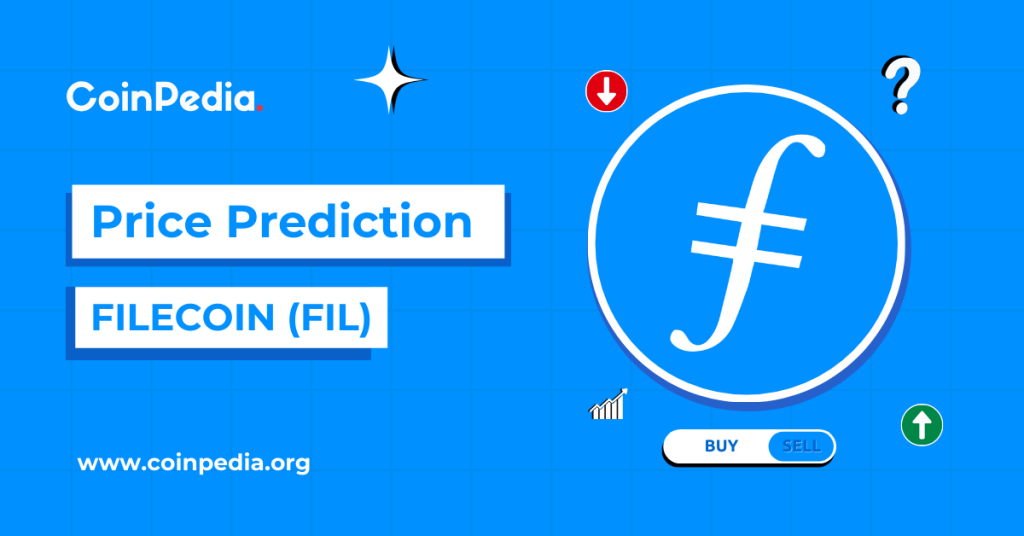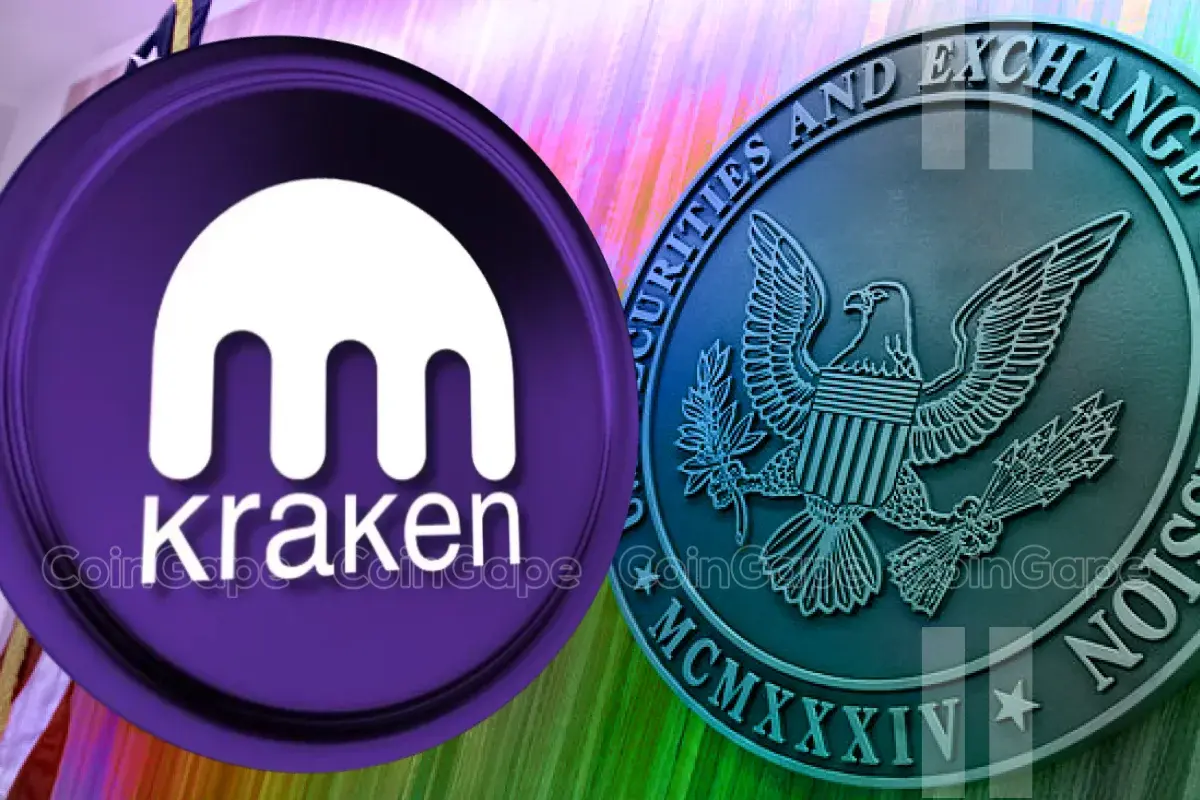The Filecoin project is a decentralized storage system. The Filecoin protocol was first proposed in 2014 and was originally developed as an incentive layer for the Interplanetary File System (IPFS), a peer-to-peer storage network. Like IPFS, Filecoin is an open protocol that builds on the properties of IPFS with the same underlying p2p network and content addressing capabilities.
The Filecoin node network generates a decentralized storage market for file retrieval and storage. The network is powered by a new type of blockchain that records commitments made by network participants. Users conduct transactions on the network using the blockchain’s native cryptocurrency, FIL.
Search the market
In the retrieval market, nodes called retrieval miners compete to deliver files to clients as quickly as possible. Retrieval miners are rewarded with a small FIL fee. This provides incentives for nodes at key locations for content delivery to join the network and facilitates rapid distribution of files. It also encourages the establishment of a robust network for copying and preserving files in high demand.
storage market
In Filecoin's storage marketplace, nodes known as storage miners have the power to compete for contracts on various characteristics, such as price and location, to provide customers with file custody for a specified length of time. Before accepting a contract, storage miners must pre-collateralize FIL; this is used to automatically compensate clients if storage miners fail to meet their obligations to clients.
When a storage miner and their client make a deal, the client transmits their data to the storage miner. Storage miners add their data to a sector, which is the basic unit of storage in Filecoin . Miners then perform a computationally intensive operation called sealing to create a unique copy of that sector's data.
If a client wants to store multiple unique copies of its data, the sealing process ensures that each copy has a unique fingerprint, and the computational work required to derive it will prevent nodes from cheating by regenerating it from the underlying data. The sealed data is ultimately used to issue proofs of replication to the Filecoin blockchain.
During storage transactions, storage miners are required to periodically submit so-called proofs of space-time to the blockchain. Miners derive these proofs using randomness (provided by the blockchain itself), sealed sectors, and proofs of replication posted to the blockchain. This evidence provides clients with a strong probabilistic argument that storage miners have a complete, unique copy of the data. This is a very strong guarantee that even modern cloud storage providers do not offer their customers.
Clients reward Filecoin storage miners with FIL as transaction fees . Storage miners also have the opportunity to mine blocks for the blockchain, which requires both FIL rewards and transaction fees to others who wish to include messages in the mined blocks.
Filecoin's proof system means miners need some additional hardware, but the requirements are still low enough for tech-savvy individuals. The hardware requirements for participating in the network as a client are not high. Filecoin nodes also expose an API for programmatic interaction with the network, allowing third-party services to build on top of core network functionality.
Decentralized storage advantages
Decentralized storage offers a compelling alternative to traditional centralized storage. It gives developers the opportunity to explore entirely new areas of design trade-off space, emphasizing robustness and efficiency in content storage and delivery. Filecoin shows that these systems can provide a competitive storage product with a variety of highly desirable properties, giving more people the opportunity to become custodians of our digital assets, while making the network more resilient and accessible to people around the world .









